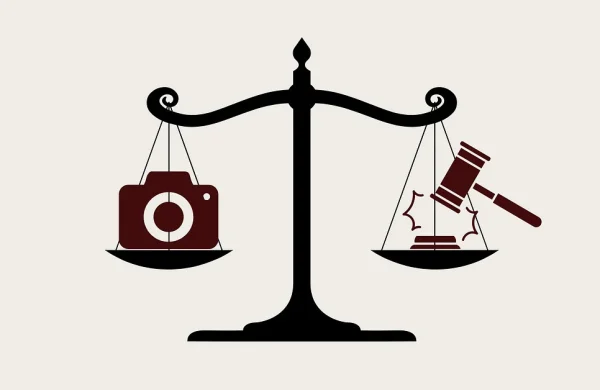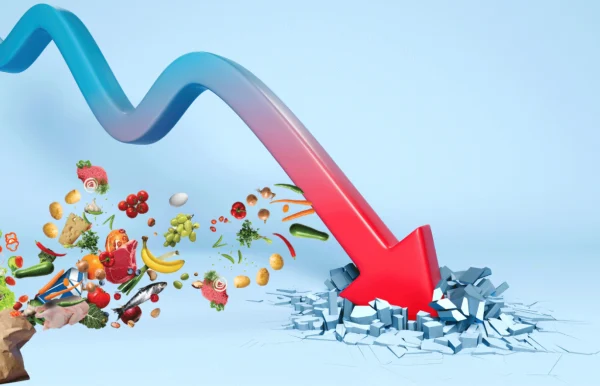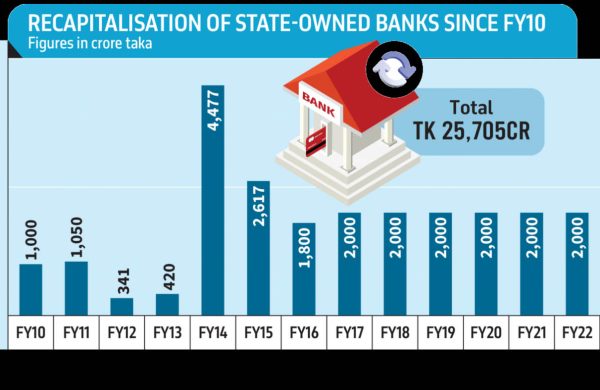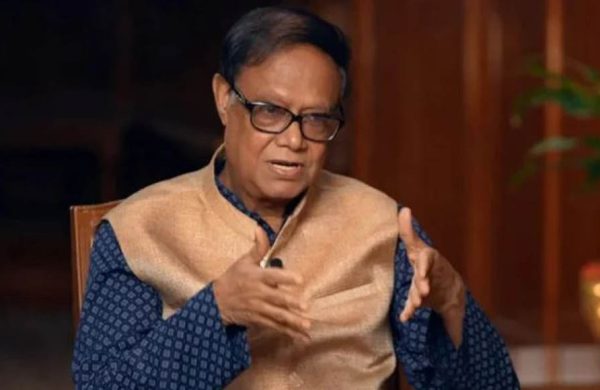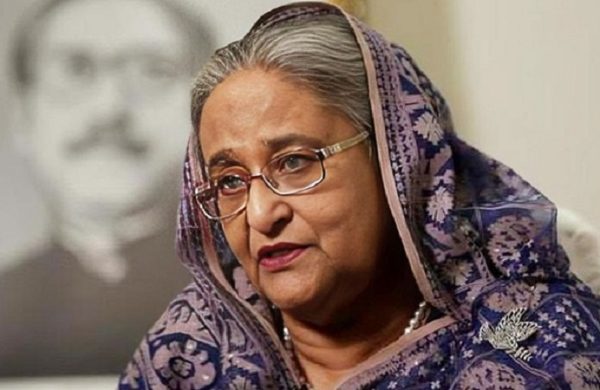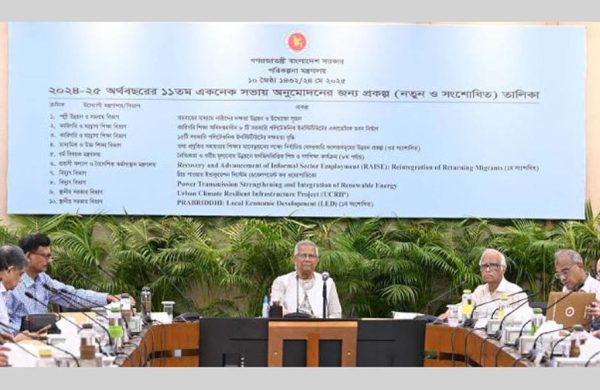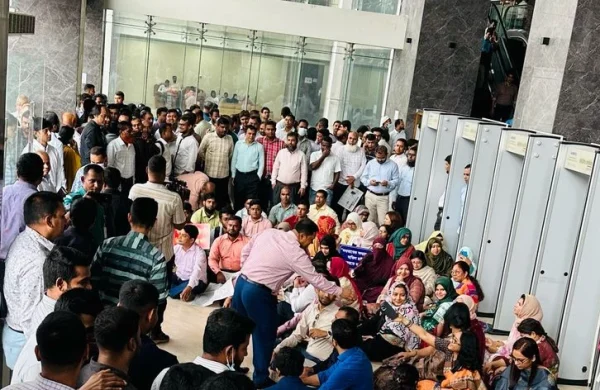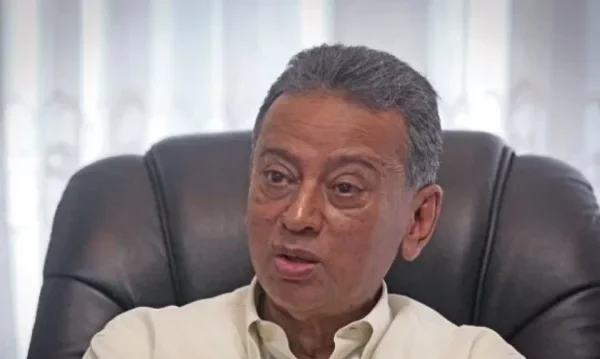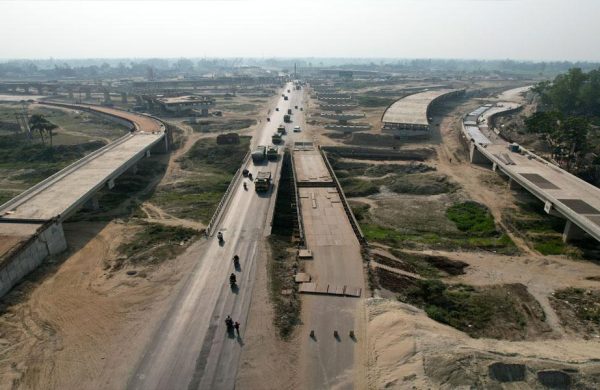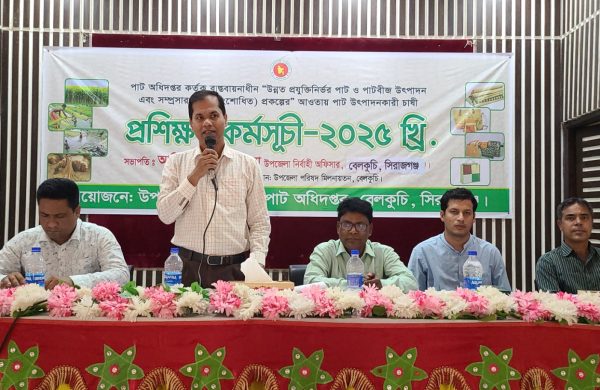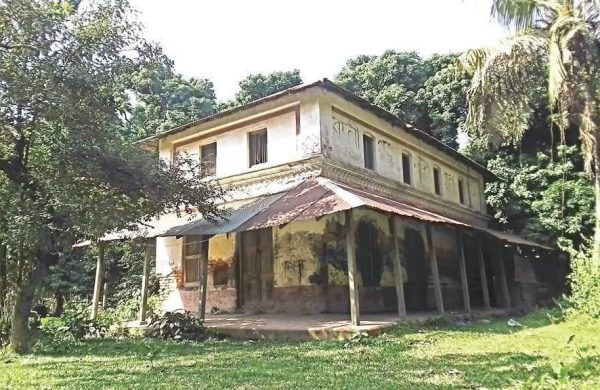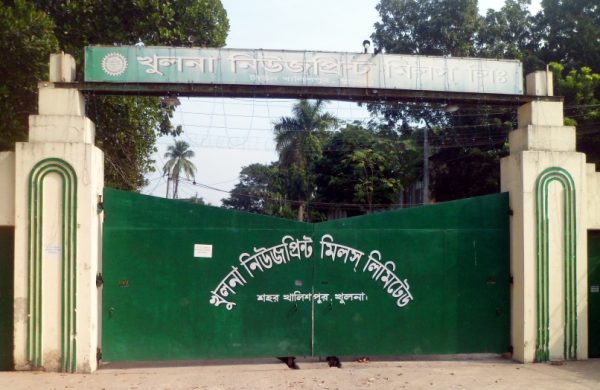Brands see growth as traditional retailers struggle with Eid sales
- Update Time : Friday, March 28, 2025
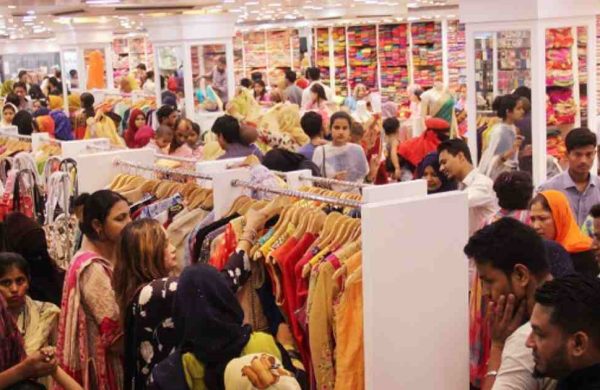
Staff Correspondent:
The emerging gap between brands and dominant traditional retailers is apparent in the shopping of Eid festival.
Three to four days ahead of Eid-ul-Fitr, non-brand sellers across cities are frustrated with a 20%-30% year-on-year decline in sales amid consumers’ concerns about personal finances, safety, and security while shopping.
Brands, on the other hand, are reporting flat to decent double-digit growth in customer footfall and sales volume, with an even larger increase in turnover due to rising costs and prices.
From large mall sellers to footpath vendors, all are awaiting the final shopping surge during the holidays leading up to the country’s largest shopping festival.
Mahima Ara struggled to find a salwar kameez within her budget for her teenage daughter at the RDA Market in Rajshahi, as prices for similar items had increased by up to a third or more in a year.
Shanto, a salesman at Shekh Collection, blamed the high purchase prices, partly due to the near-halt in imports from India.
Demand for local products is now higher, while comparatively expensive Pakistani dresses for women are in high demand and selling fast, said Alam Ahmed, a shop owner at Khulna New Market.
Ahmad Ali Chowdhury, a shop owner in Rajshahi, observed that shoppers are limiting purchases to immediate family members, with gifts for extended family and friends significantly reduced.
“Our shops mainly survive on spending by lower and middle-class customers, who have been struggling with high inflation for the past two years,” said a salesman at Sharee Corner in Dhanmondi Hawkers Market, Dhaka.
Shops remain open until 2am, but customer numbers drop significantly after 10pm due to security concerns.
Monir Hossain of Jamdani Kutir noted that parents are prioritising purchases for their children while spending less on themselves.
Ellius Hossain, a clothing vendor on a footpath in Mirpur, Dhaka, reported a drop in sales this year as many people left the city early due to the extended Eid holiday.
Mizanur Rahman, another footpath vendor in the New Market area, expects a sales recovery in the last two to three days, based on a surge observed the previous Friday.
Despite these hopes, non-brand clothing sellers are preparing to close Eid sales with a 20%-30% decline compared to the previous year.
Retailers in Chattogram are facing a similar situation, blaming weaker consumer spending and security concerns at night.
Teri Bazar, the city’s largest wholesale clothing hub with over 2,000 shops, is usually packed with shoppers well before Ramadan. Known for its affordable fashion, it remains a top Eid shopping destination. However, this year, traders have noticed a significant drop in sales.
Farid Uddin, joint secretary of the Teri Bazar Traders’ Association, told The Business Standard, “Our annual business hovers around Tk5,000 crore, with almost half of that coming in during Ramadan for Eid. But this year, sales have fallen by nearly 25%.”
A 2024 study by the Bangladesh Shop Owners Association estimated that Eid boosts the economy with around Tk1.7 lakh crore in turnover during Ramadan, most of which is generated by decades-old non-brand retailers.
Sales of non-brand footwear have dropped by 30%, said Shiraz Mia, a salesman at Leather Zone on Dhaka’s Elephant Road, echoing concerns from other sellers in the city’s footwear hub.
Conversely, branded stores such as Apex, Bata, and Lotto have gained consumer trust, with customer footfall and sales increasing by around 10% compared to the previous Eid.
Md Raihan Kabir, head of marketing at Apex Footwear, said Eid-ul-Fitr accounts for 25% of their annual sales. This year, the company added 2,000 new designs, bringing the total to over 8,000 across more than 500 outlets nationwide.
“With a strong focus on research, development, and design, we are attracting more customers.
With prices ranging from a few hundred taka to over Tk50,000, brands like Apex have become a preferred choice for educated shoppers seeking a hassle-free experience, enhanced by online product exploration for the best price.
Brands tend to absorb some of the rising costs and compensate through higher sales volume, said M Rezaul Hasan, CEO of Reve Group, which operates Le Reve, an emerging fashion chain catering to the middle and upper-middle class.
Disputing customer complaints about significant surge in prices this year, he said, despite a 17%-18% cost surge this year, the company increased prices by only 10%, while customers are now paying a 10% VAT, up from 7.5% in December.
Soumik Das, director of the Fashion Entrepreneurs Association of Bangladesh, said prices have risen due to increases in fabric costs and wages over the past two years.
He estimates a 5% growth in sales volume this year but remains frustrated with stagnant or smaller basket sizes.
“The Eid excitement from the beginning of Ramadan seems absent this year, he observes. However, the holidays before Eid should see more sales as people usually buy shoes till the last moment,” said Apex head of sales.
Md Matiur Rahman, chief operating officer of an apparel chain Twelve Lifestyle, said that this year they received a good response during Eid-ul-Fitr sales.
“Considering the growing demand from customers, we have opened two new flagship stores – one in Bashundhara City and another in the southwestern city of Khulna.”
Matiur Rahman also mentioned that this year they experienced a significant increase in small-ticket sales, while large invoice sales dropped.
“However, as sales are still ongoing, it is difficult to quantify the figures. He added that Eid sales generally continue until midnight before Eid.”
Ashikur Rahman Tuhin, managing director of local fashion brand Klothen, said that Eid-ul-Fitr accounts for approximately 50% of their annual sales, while Eid-ul-Adha contributes around 20%.
According to a 2020 report by the Bangladesh Trade and Tariff Commission, Bangladesh stated that local industries have contributed over $12 billion in import-substitution a year in fabrics for the local clothing market, while the annual market is much bigger with the values added by apparel makers and sellers.
Eid-ul-Fitr accounts for more than 35% of the annual clothing market, according to industry people.
OTHER SECTORS
Eid also is the biggest festival for accessories, cosmetics, appliances and automobile sellers.
Ramadan usually sees 50% higher sales of motorcycles than the usual months, said ACI Motors Deputy Managing Director Subrata Ranjan Das.
He estimates some 15% growth in motorcycles this Ramadan from the previous year, still less than what the companies expected.
“People with some added income before Eid tend to trigger their motorcycle purchase decisions, showrooms will be open till the last moment before the Eid day as they expect more buyers,” he said.
Arman Rashid, head of supply chain at DHS Motors that is the sole distributor of Honda cars in Bangladesh, said the car market is different this year as most of the affluent buyers went conservative. Brand new car sales are 50% down compared to the previous Ramadan which is roughly 30% down for reconditioned cars.
Walton Chief Marketing Officer Zoheb Ahmed said two Eid festivals together account for 65-70% of their annual sales. This Ramadan sees a higher growth in large refrigerator sales year on year, compared to the smaller refrigerators. Appliances sales look flat this year, he said.
Food products for Eid are selling at their usual Eid trend, according to wholesale market traders.



